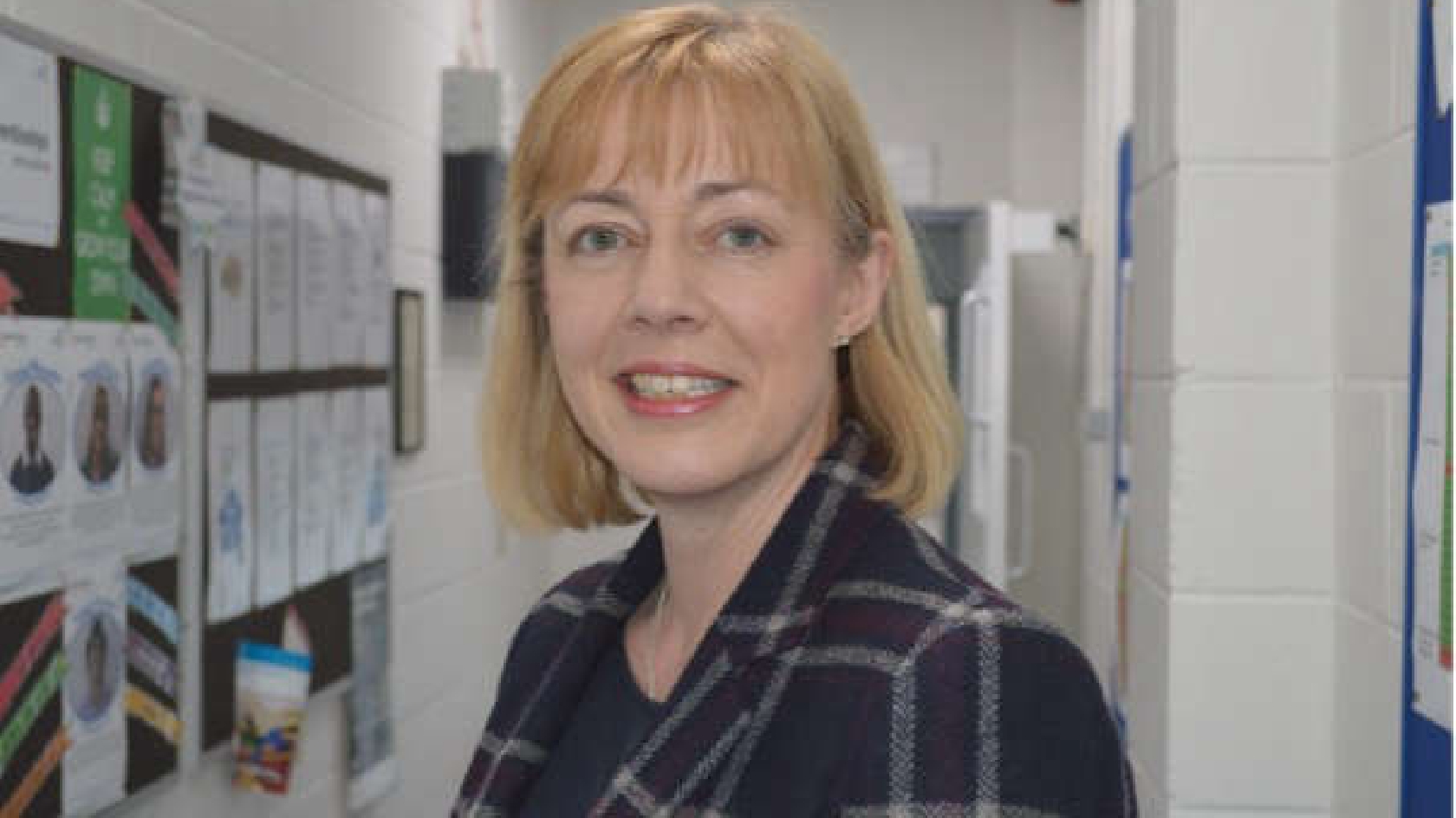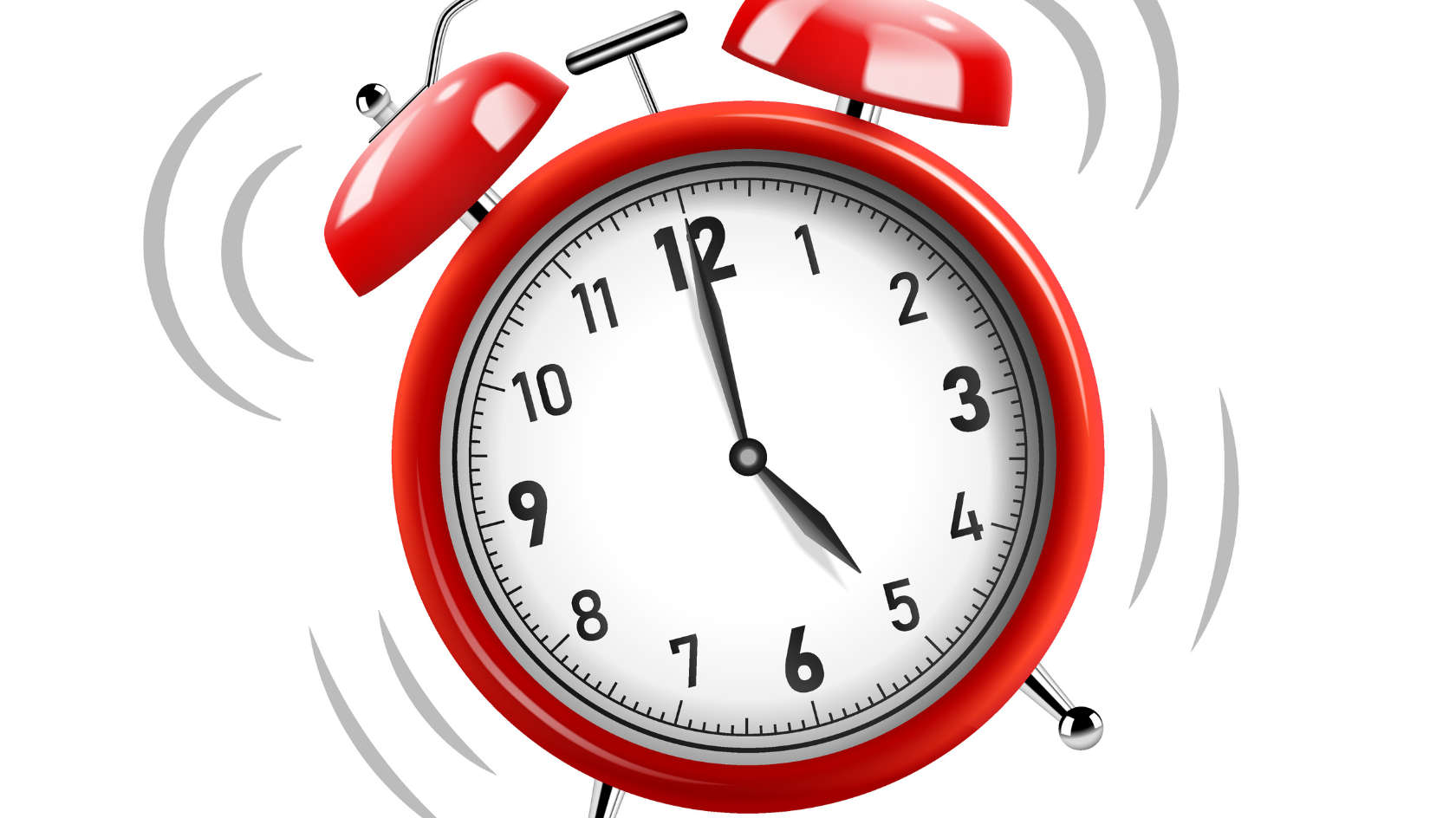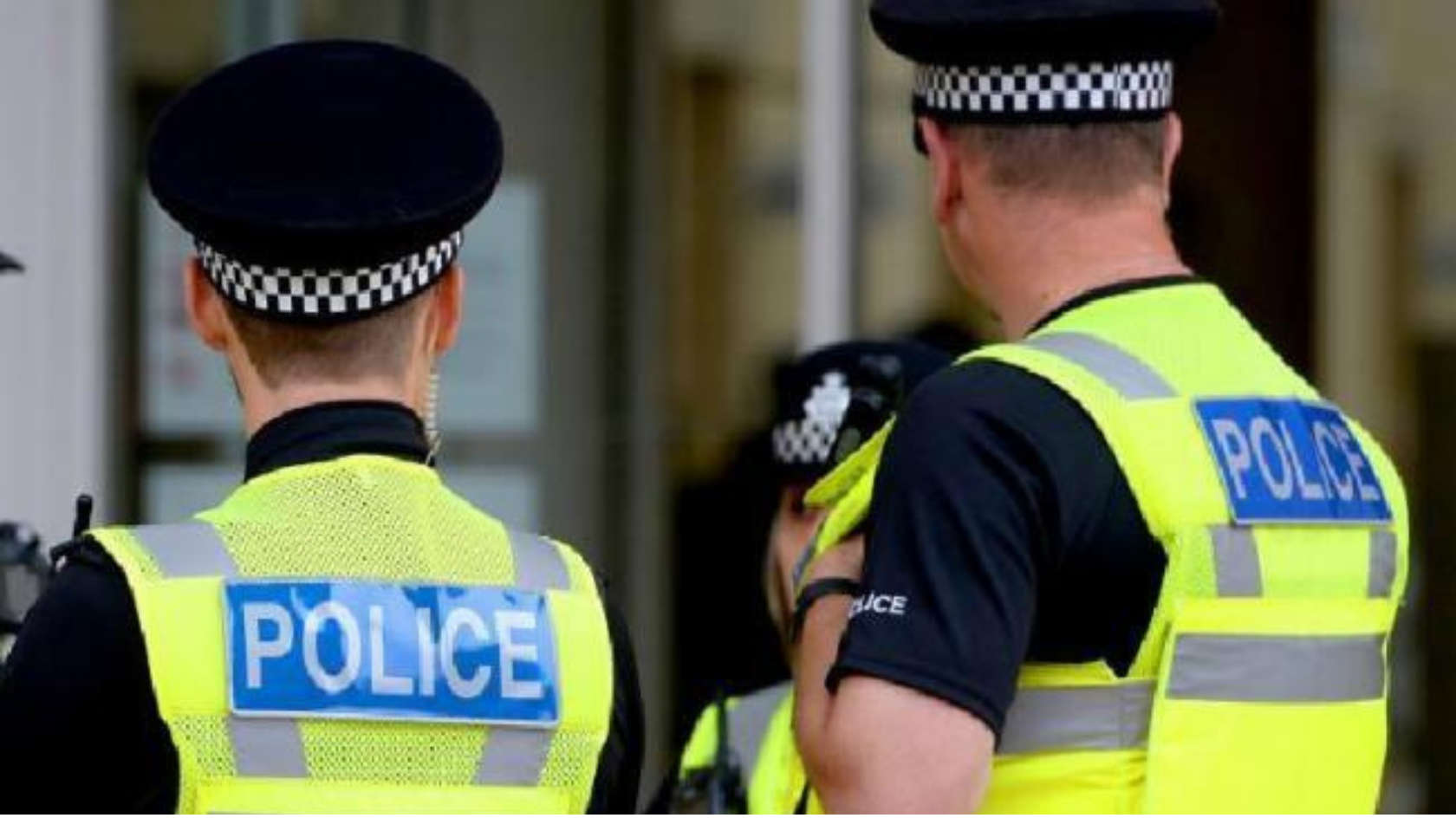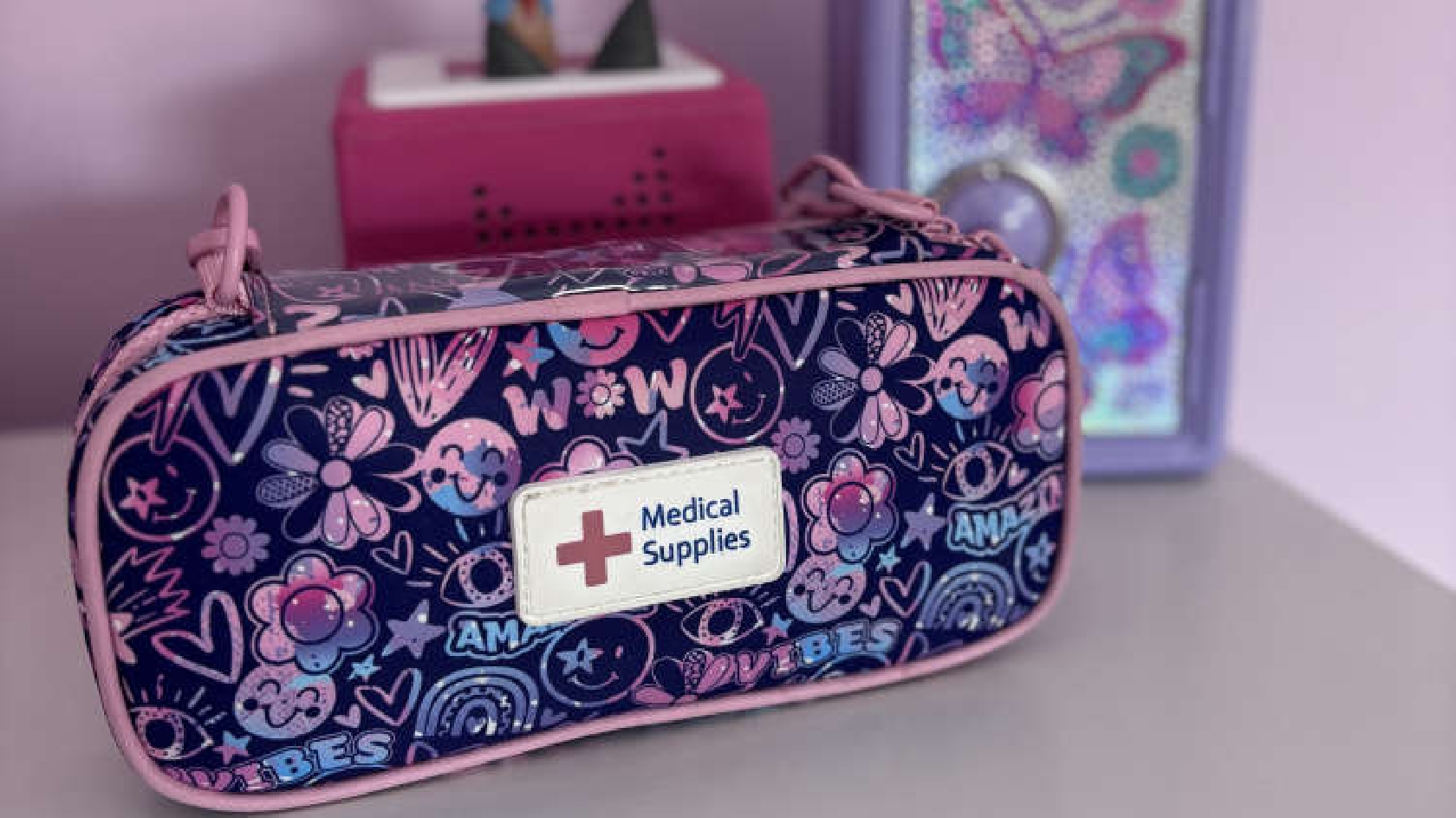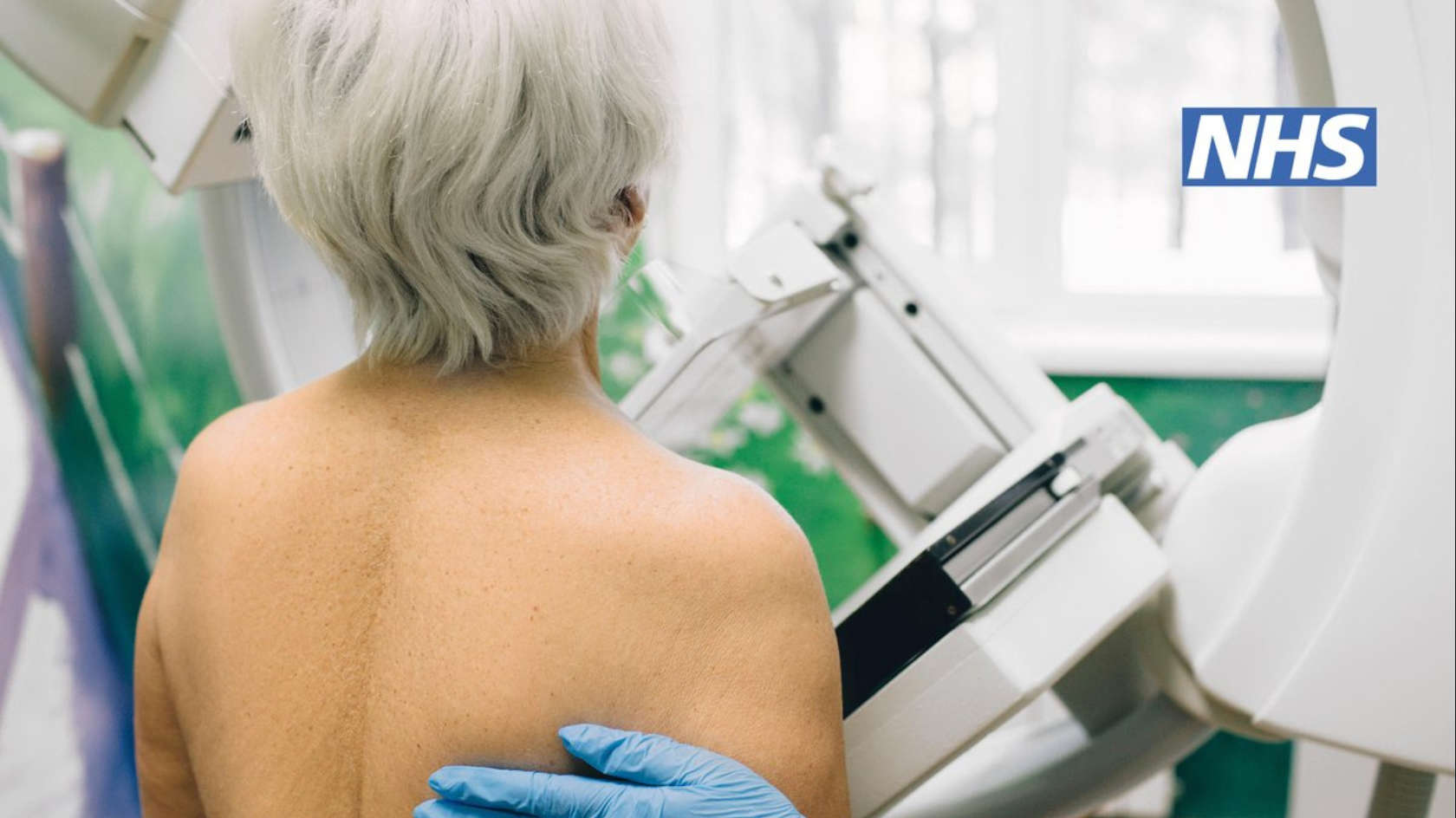
October marks the UK’s Breast Cancer Awareness Month. Breast cancer is the most common type of cancer among women in the UK and, although it primarily affects women, men can also get breast cancer.
This month is an opportunity to raise awareness of symptoms, encourage early detection and help to reduce the risk of getting breast cancer. While breast cancer cannot always be prevented, early detection plays a crucial role in saving lives. Going for breast screening (mammogram) when you are invited can help find cancers that are too small to see or feel. Screening increases the chances of detecting cancer at an early stage when treatment is more likely to be successful.
In addition to screening, there are other things you can do to lower your chance of getting breast cancer, including:
- Cutting down on alcohol and drinking no more than 14 units a week;
- Maintaining a healthy weight;
- Giving up smoking;
- Talking to your GP, if you are worried about the effect of the contraceptive pill or hormone replacement therapy on your risk of breast cancer.
Dr Sanhita Chakrabarti, deputy chief medical officer of Bedfordshire, Luton and Milton Keynes Integrated Care Board, said:
“Early detection is key to improving outcomes for breast cancer. Knowing the symptoms and checking your breasts regularly is essential. While many symptoms may not be cancerous, it’s important to see your GP if you notice any changes, such as lumps, swelling, or changes in the shape or feel of your breasts.
“By being proactive and attending your screening appointments, you increase the chance of catching any potential issues early when treatment is often most effective.”
Symptoms of breast cancer in women may include:
- A lump or swelling in your breast, chest or armpit.
- A change in the skin of your breast, such as dimpling (may look like orange peel) or redness (although this may be harder to see on black or brown skin).
- A change in size or shape of one or both breasts.
- Discharge from your nipple (if you are not pregnant or breastfeeding), which may have blood in it.
- A change in the shape or look of your nipple, such as it turning inwards (inverted nipple) or a rash on it (may look like eczema).
- Pain in your breast or armpit which does not go away – remember that breast pain that comes and goes is usually not a symptom of breast cancer.
Dr Chakarabarti continued:
“Regularly checking your breasts is important. The sooner you are familiar with what feels normal for you, the quicker you will be able to identify any unusual changes. Remember that early detection can significantly improve the outcome of treatment.”
If you are a woman between 50–70 years (from the age of 50 years up to their 71st birthday) and haven’t had a screening test for breast cancer please get in touch with your local breast screening service by using the information on this link https://www.nhs.uk/service-search/other-health-services/breast-screening-services
For more information on breast cancer symptoms and screening, https://www.nhs.uk/conditions/breast-cancer-in-women or speak to your GP.




